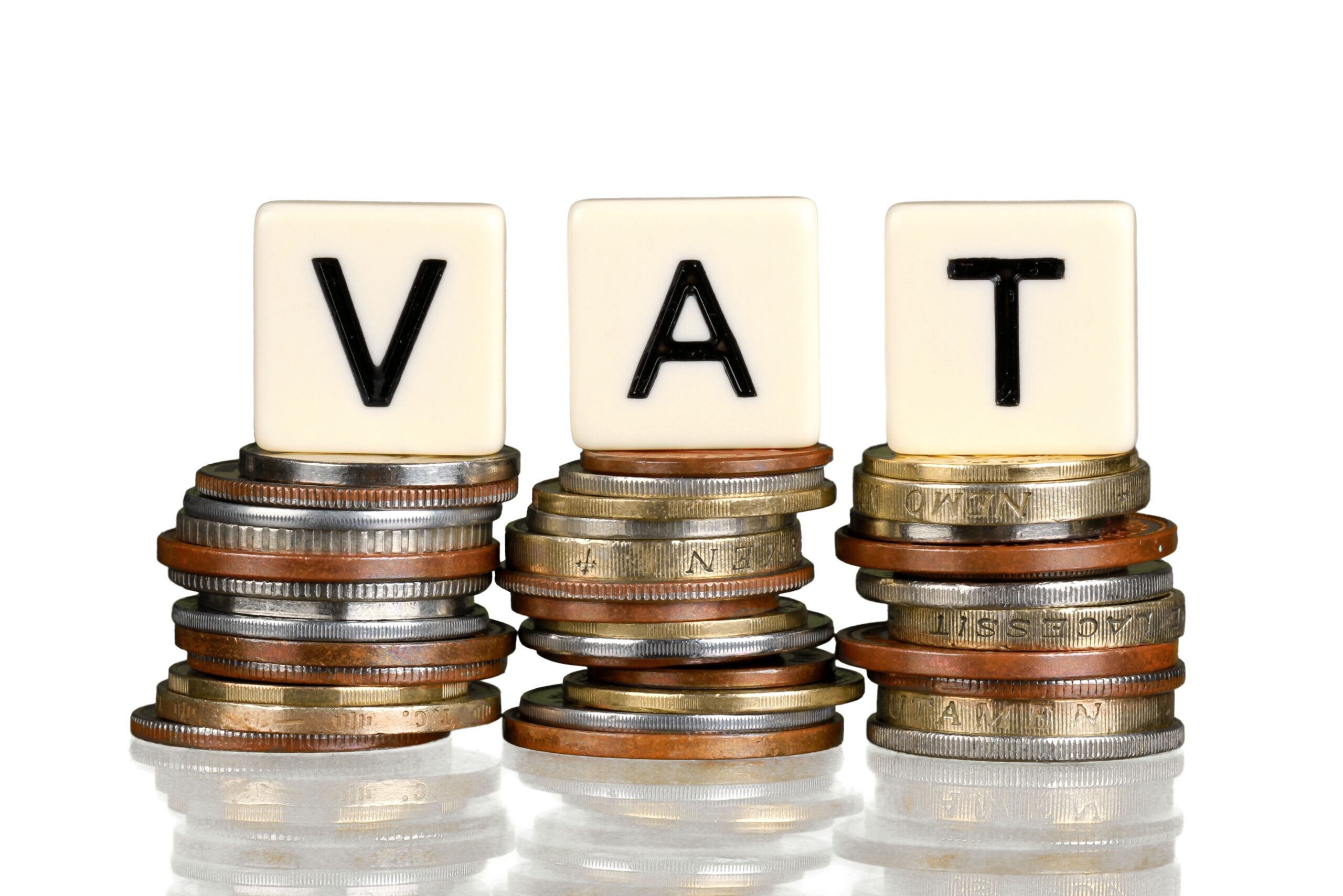
May 30, 2025

Maina Susan is a Tax & Finance Writer at Quartet Solutions, simplifying tax regulations and financial concepts to help businesses stay compliant.
LinkedIn >>Tax amnesty programs provide taxpayers with an opportunity to regularize their tax affairs by waiving penalties, interest, or fines – provided they settle their principal tax obligations.
In Kenya, the 2025 tax amnesty program offers such a window for compliance and financial relief.
This guide covers everything you need to know about tax amnesty in Kenya, including how it works, who qualifies, how to apply, and what the 2025 tax amnesty means for you.
Tax amnesty is a limited-time program implemented by a country’s tax authority to allow taxpayers to voluntarily declare and settle outstanding tax liabilities.
In return, the taxpayer receives relief from penalties, interest, or fines associated with the unpaid taxes.
A tax amnesty serves several key purposes:
Tax amnesty is not new to Kenya. The government has implemented several amnesties in the past to encourage compliance and broaden the tax base.
Let’s take a look at some of them:
2004 – First Tax Amnesty
2016/2017 – Foreign Income Amnesty
2023 – Removal of Tax Waiver Powers
2024/2025 – Current Tax Amnesty
Let’s briefly look at this case study to better understand what a tax amnesty entails:
Can Miss Sydney benefit from the 2025 tax amnesty?
Yes.
Note:
Principal tax refers to the original amount of tax owed to KRA, before any interest, penalties, or fines are added.
The 2025 tax amnesty was introduced through the Tax Procedures (Amendment) Act, 2024.
It offers relief on interest, penalties, and fines related to tax debts accrued up to 31st December 2023.
1. Taxpayers with No Principal Tax Arrears
2. Taxpayers with Outstanding Principal Tax
The following are excluded from the 2025 tax amnesty:
The 2025 tax amnesty applies to all tax heads under the Tax Procedures Act, 2015, including:
As long as the tax debt was accrued up to 31st December 2023 and the principal tax is paid (if applicable), related penalties and interest may be waived.
Step-by-Step Guide:
Note:
1. Who qualifies for the 2025 tax amnesty in Kenya?
You qualify if you:
2. What taxes are covered under the 2025 tax amnesty?
The amnesty covers penalties, interest, and fines related to all tax heads under the Tax Procedures Act, including:
… as long as the tax debt arose on or before 31st December 2023.
3. What is not covered under the 2025 tax amnesty?
The following are excluded:
4. How do I apply for the 2025 tax amnesty?
If principal tax is due, follow these steps:
N/B: No application is required if no principal tax is due.
5. Can individuals like employees benefit from the amnesty?
Yes. For example, individuals who failed to file returns but whose employers remitted PAYE (like Miss Sydney) qualify automatically for amnesty if there’s no unpaid principal tax for the amnesty period.
The 2025 tax amnesty provides a valuable opportunity for Kenyan taxpayers to clean up their tax records and avoid future penalties.
Whether you’re an individual like Miss Sydney or a business owner, this amnesty offers a chance to become fully compliant without the burden of penalties and interest.
If you have any unresolved tax issues for periods up to 2023, act now. Ensure any principal tax is paid before 30th June 2025 to qualify for relief.
At Quartet Consulting, we help taxpayers navigate Kenya’s tax system, file accurate returns, and benefit from the 2025 tax amnesty.
Don’t wait until penalties stack up. Contact us today and stay compliant.
This article is for informational purposes only and does not constitute legal or tax advice. For personalized assistance, please consult a licensed tax professional or contact Quartet Consulting
Table of Contents:






